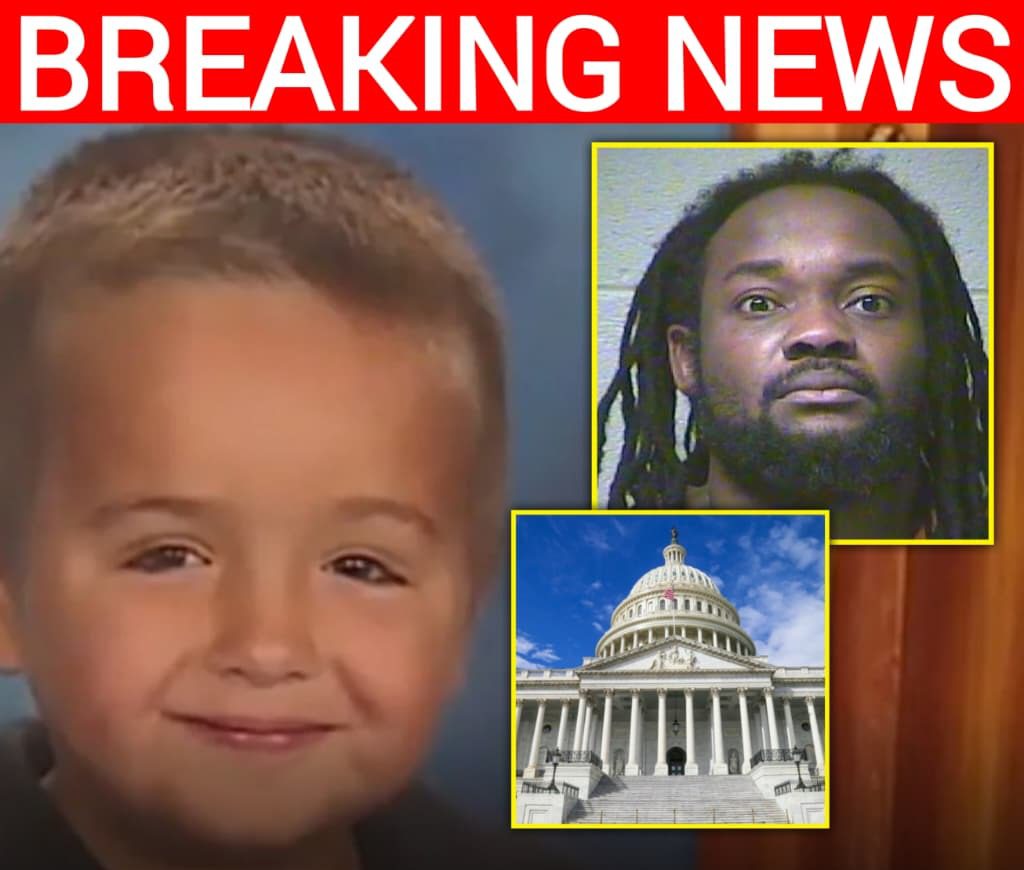Man Released 13 Years Early After Killing 6-Year-Old Boy Arrested in Florida — White House-Backed Investigation Leads to Dramatic Capture
In a stunning turn of events that has reignited national debate over criminal justice reform and parole policies, Ronald Exantus — the man convicted in the 2015 killing of 6-year-old Logan Tipton — has been arrested in Marion County, Florida. Authorities confirmed that Exantus was taken into custody after failing to register as a convicted felon, just weeks after being released from a Kentucky prison 13 years early.
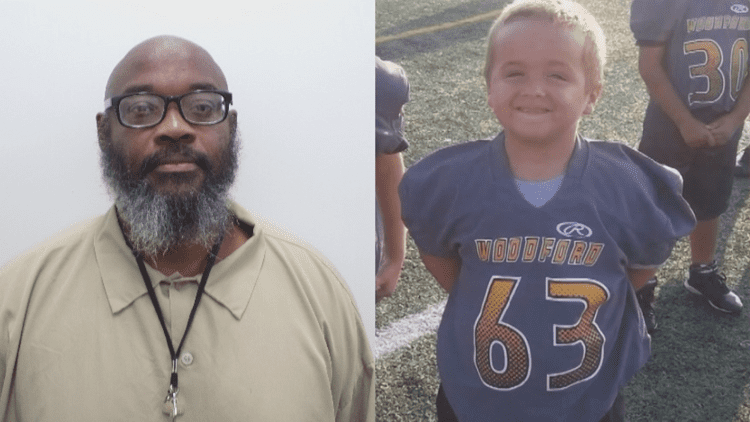
The Marion County Sheriff’s Office and the 5th Judicial Circuit State Attorney’s Office confirmed Friday that a warrant had been issued for Exantus’ arrest, citing his violation of release terms under Florida law. Officials said they are now coordinating with Kentucky authorities to extradite him back to face further charges. “We were alerted that this dangerous individual who murdered a child by repeatedly stabbing him in the head was in Florida,” one official said. “We acted swiftly to protect our community.”
The arrest comes after intense scrutiny from the public and federal officials, including the White House, following reports of Exantus’s early release. In 2015, Exantus broke into a family’s home in Versailles, Kentucky, and carried out a brutal attack that left 6-year-old Logan Tipton dead. Prosecutors described the killing as one of the most disturbing crimes in recent state history — Exantus entered the child’s bedroom with a knife, stabbing him repeatedly in the head before attacking Logan’s father and two sisters who tried to intervene.
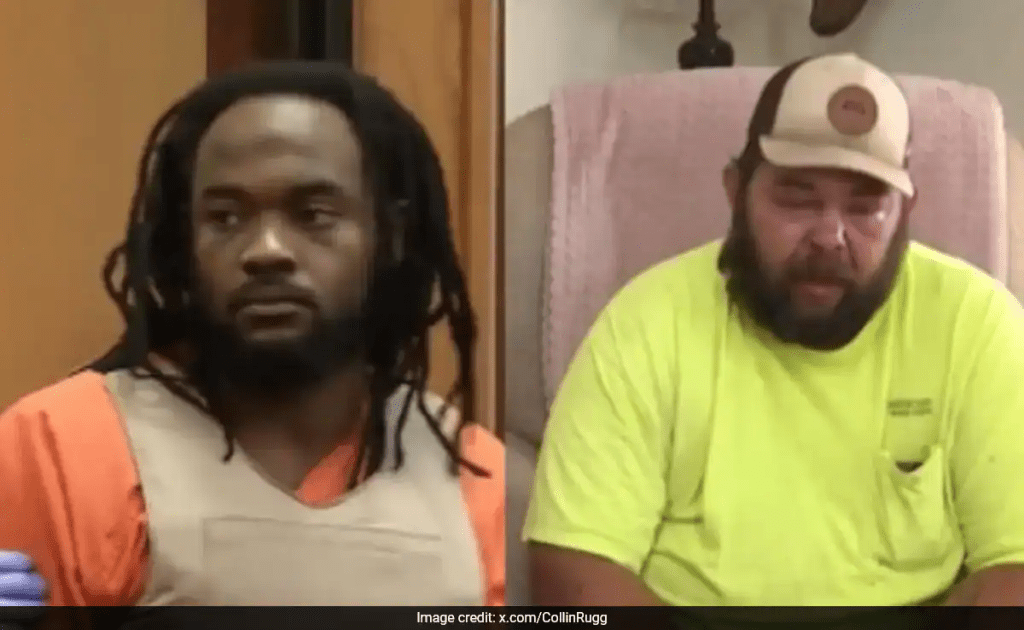
Exantus was convicted of first-degree assault for those attacks and found not guilty by reason of insanity in the boy’s death. He was sentenced to 20 years in prison, a punishment that the Kentucky Supreme Court later upheld in 2020. Despite being denied parole twice in 2021 and 2023, Exantus was released this year under Kentucky’s mandatory reentry supervision law, known as KRS 439.3406, after serving only about seven years of his sentence.
His unexpected release caused outrage throughout Kentucky and beyond. Families, community members, and even state officials condemned the decision, demanding to know how a man responsible for such a horrific act could be freed so soon. Many accused the state’s reentry law of putting public safety at risk, while others questioned whether mental health evaluations and risk assessments had been properly conducted.
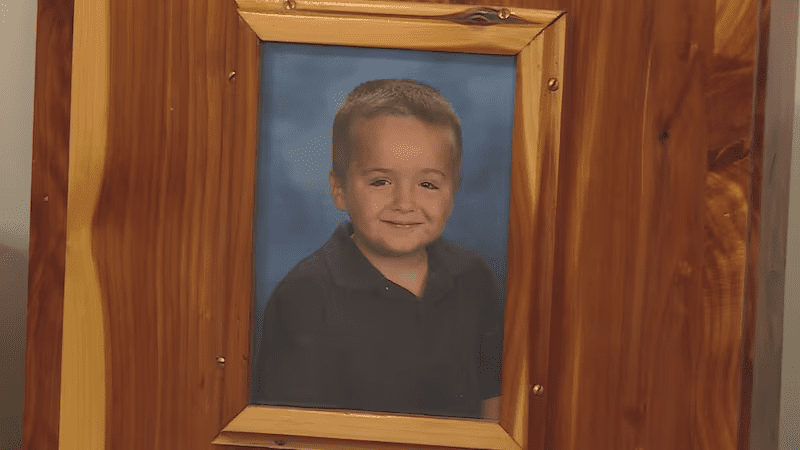
After his release, Exantus relocated to Florida as part of his supervision plan, but his failure to comply with state registration requirements triggered the latest arrest. According to reports, federal officials had already been monitoring the situation closely, with the White House reportedly “looking into the case” after mounting public pressure and multiple media inquiries.
Attorney General James Uthmeier of Florida confirmed that state prosecutors were working to ensure Exantus is returned to Kentucky, where he could face additional legal consequences. “Our job is to make sure dangerous individuals like this do not fall through the cracks,” he said in a statement shared with local news outlets.
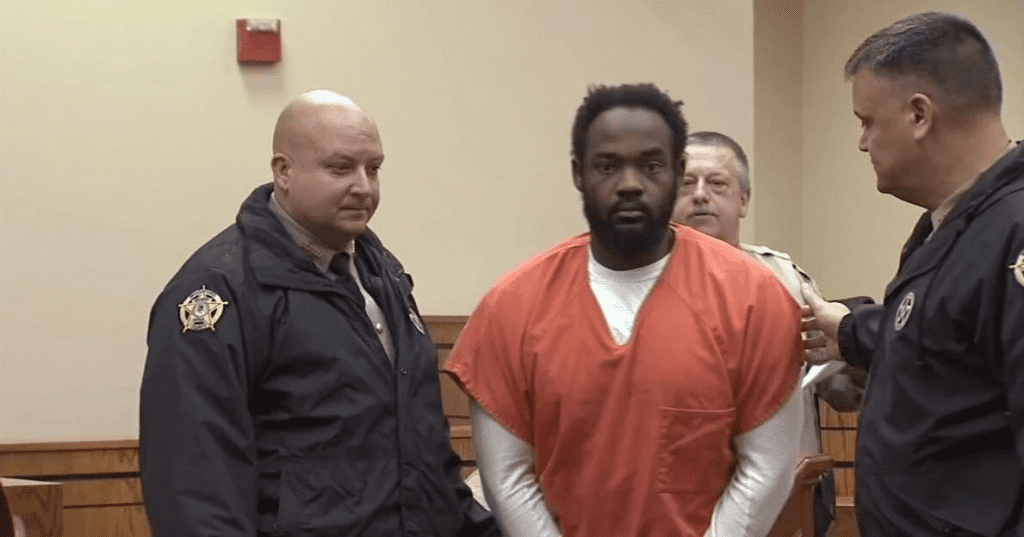
For the Tipton family and many others, the arrest brings a measure of relief — but not closure. Nearly a decade after the unimaginable loss of their young son, the family has endured repeated reminders of the system’s failures. Advocacy groups across the country have renewed calls for reforming early release laws, saying the case proves that some crimes should never qualify for shortened sentences, regardless of legal technicalities.
The story of Ronald Exantus continues to provoke emotional responses nationwide. For many, it represents the delicate balance between rehabilitation and accountability — and how one error in the justice system can reopen old wounds for victims’ families. As Exantus awaits extradition, Kentucky officials have promised a full review of the policies that allowed his early release in the first place.
The sense of outrage, mixed with relief, is palpable. For parents across America, the image of a child killer walking free — and then being captured again — is a chilling reminder of the stakes behind every sentencing decision. And for Logan Tipton’s family, justice, however delayed, may finally be catching up.
